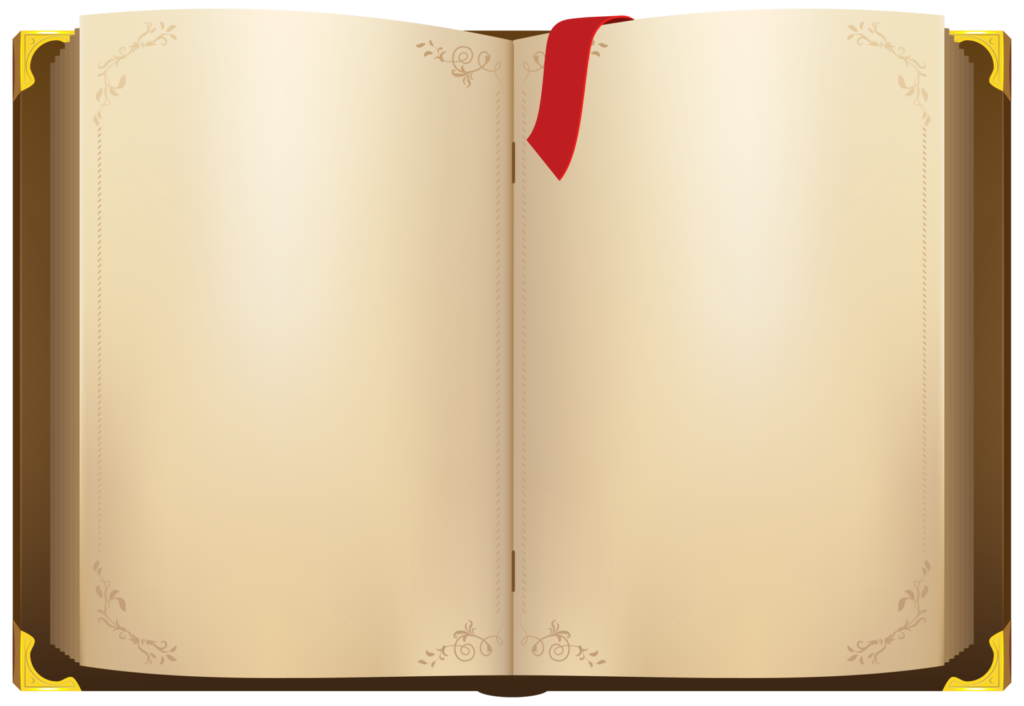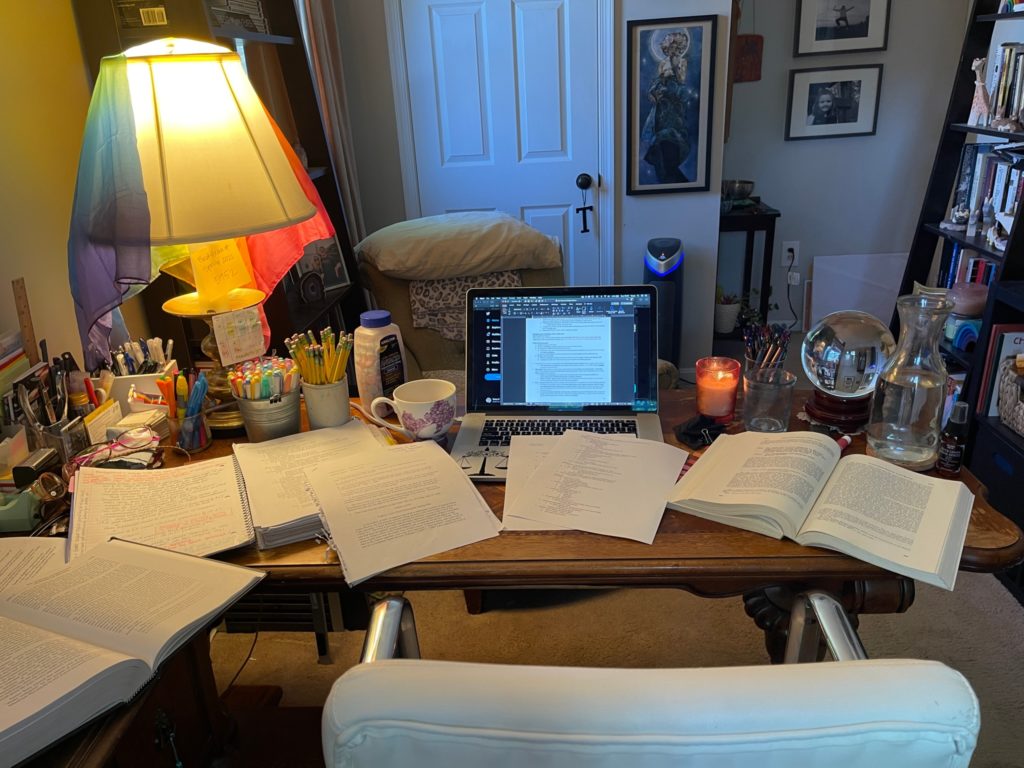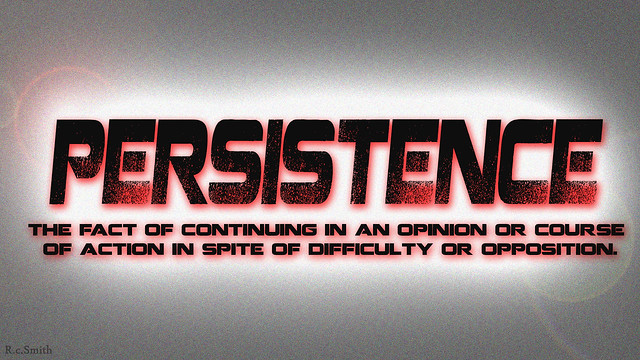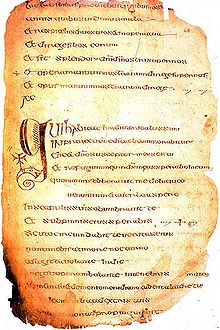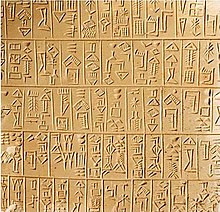PART TWO
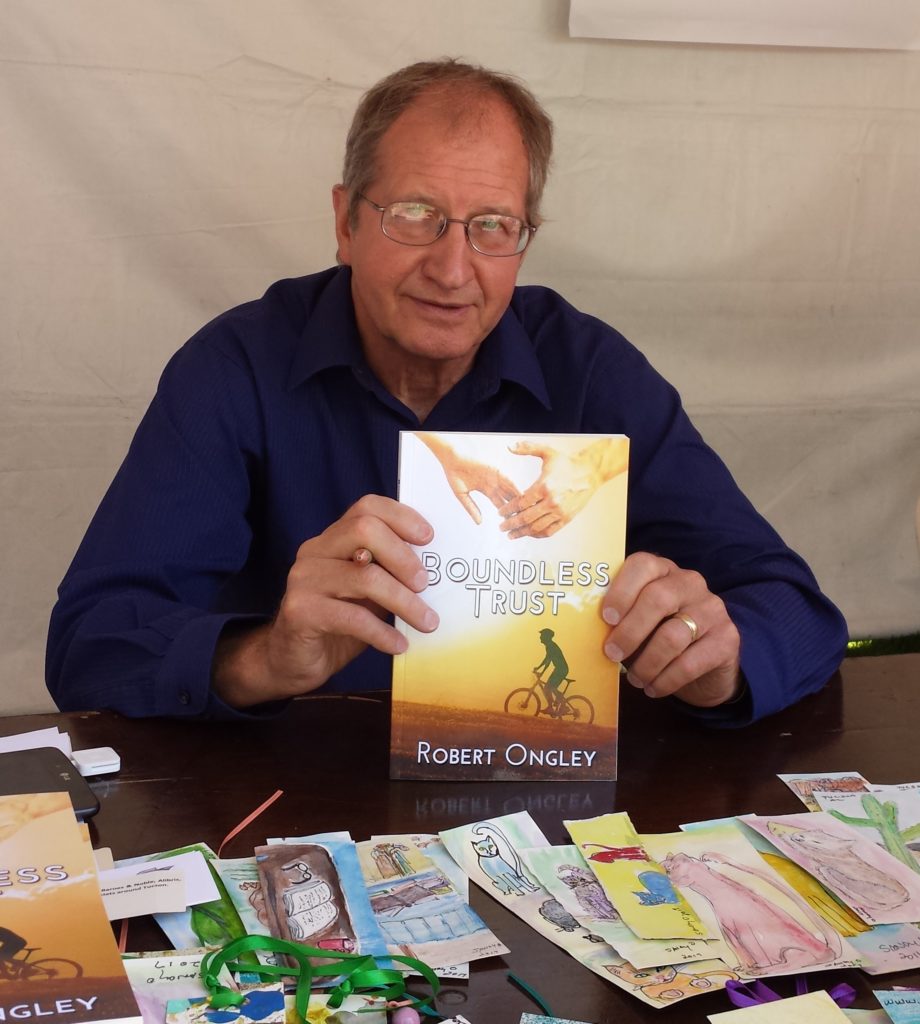
In Part One of this post, we covered personal attributes and actions which need to be already present in or soon developed by the writer who wants to be published by a traditional publisher, magazine or some other targeted purveyor of content. This second half on the topic will again touch on some necessary qualities a writer should have, but our focus will shift more to proactive steps that enhance our prospects for publication.
Research
There’s hardly a genre or a project that doesn’t require at least some research. It doesn’t matter whether you’re writing non-fiction, fiction, poetry or jokes. You aren’t going to know everything you write about even if you know what you’re writing about very well. You can research before you actually start writing or you can research as you go. I like to do both. I’m currently on my third draft of a novel that contains considerable medical data. Even though I did gather information on the area of medicine involved in the story, I found I had to dig more and more as I went. I would hate to be caught short on necessary detail because I failed to do my research.
A word of caution. Although research is made much easier with the Internet at our disposal, there’s no way we can get all we need online. I need the reliability of duly published material to ensure accuracy. Also, you may need to interview an expert to obtain a voice of experience or see for yourself what Jupiter looks like through a telescope. Make your research authentic, even if it at least means to get your online information from an impeccable source.
Study of Publishers
If you’re simply trying to have an article or poem or some other short piece published in a specific newspaper, journal, newsletter or such, studying a list of publishers isn’t essential. Becoming familiar with their needs and guidelines is still important. Your work will be better received when you know what they publish and how they like it to be presented.
Making inroads into a broader publishing world means you have to subject yourself to the scrutiny of editors who are seeing high volumes of work descending on their desk throughout any given year. They know what they want, what they don’t want and what they like. You must take it upon yourself to send your creative work to only those compatible with what it is you have to pitch. I don’t know all the sources for publishing houses, magazines, record companies, etc. I find Writer’s Market gives me what I need for my search. As I prepared to market my latest book manuscript, I found almost 200 pages of book publishers listed with contact information and a summary of their needs as well as their exclusions. Out of all those listings, I found 35 I could comfortably send my query letters and/or manuscript to for consideration. Make use of this valuable resource or any other you prefer.

Excellent Synopsis
Should your work be long enough to require more than a quick look, a synopsis will be requested early in the process. Quite possibly, you will need to provide one on first contact. This is your big chance. If your creation is worthy of consideration, you have to make that clear in your synopsis. Take the time and put in the effort to make it explode off the page. Make the reader at the publishing house see your vision, feel your enthusiasm. And polish that synopsis until it reflects the quality of your writing prowess. It has to stand out from all the other queries received that day.
Platform
You have probably heard this term, but just in case I’ll give you a definition for this context. I’ve borrowed it from the website MasterClass. “An author platform refers to a writer’s ability to market their work, using their overall visibility to reach a target audience of potential readers. A writer’s platform might include the reach of their social media accounts, the connections they have with other published authors or literary influencers, and the writer’s relationship with media outlets. The strength of a writing platform is measured by the author’s ability to use their influence and reach in order to sell books and boost their writing career.”
The writer’s platform is of huge importance to most publishers. It’s easy to see why. Selling books is what the publisher wants to do. It serves the greater purpose of getting the message of the work out to as many as possible. The platform should be high on the priority list for those seeking to have their book published.
Patience
A hungry writer who hasn’t tasted the publication fruit yet craves it like a starving person dreams of a feast. It’s not likely the first book submission is going to be accepted. Exceptional writing with good timing and targeting may result in an early reward, but most writers will be tested as to how much persistence they can muster. It should be understood they will not be recognized immediately. Even when their work is tabbed for publication, they will have to endure a long process of additional editing, book design on the part of the publisher and working their way to the front of the publishing line. It can take up to three years from the date of acceptance to seeing the book in print. Learn patience. You’ll need it in this business.
Worth the Effort
If you truly love writing, the joy and feeling of accomplishment that comes with having your creation published is definitely worth the blood, sweat and tears. Starting with an article in a local newspaper or magazine can be an easier way to break in and the satisfaction is sweet as well. At any level, the key is to savor the writing and embrace the process.

